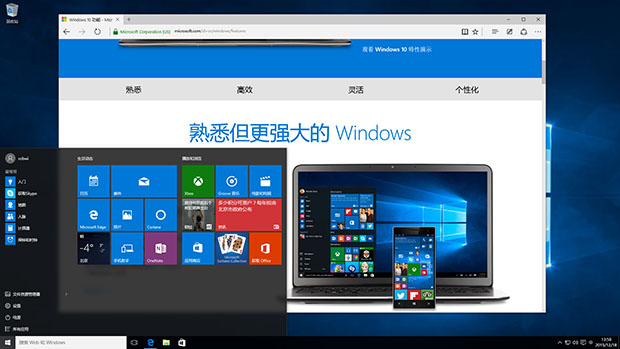Microsoft’s Chinese Users Also Complaining About Overly Aggressive Windows 10 Push
Sometimes, it's amazing - potentially jaw-dropping - to see huge companies make really boneheaded decisions. A great example of this came to us this past week when Microsoft rolled out an update to its Windows 10 upgrade mechanism in Windows 7 and 8 that could automatically start the process of the upgrade by closing the dialog box. It seems crazy to even say out loud!
To say that this caused outrage would actually be an understatement. The world over, people were suddenly having their PCs upgraded after vigilantly dismissing the upgrade offer for months, or even the past year. For experienced users, this would be downright frustrating, but just picture all of those who know just enough about computers to get by, suddenly having a new major OS in front of them that they were not expecting (and not to mention, potential new hurdles to overcome).
All around, Microsoft's move here is baffling. It's understandable that the company would want to encourage users to upgrade, but by tricking them? That's a definite hit below the belt.

As it happens, it's not just those in western countries miffed at Microsoft's decision - users in China are likewise upset. This was reported by the Xinhua news network, and the results are astounding. According to Reuters, the number of posts critical of Microsoft's move here totals 1.2 million on the microblogging site Weibo. That's nothing short of mind-boggling, and it's just the proof we need to know that Microsoft really screwed up here.
What's really interesting about this move is that Microsoft didn't just try to trick users on these shores; it did the same thing in countries that are already really timid of Microsoft's business practices. In one breath, the company creates a special version of Windows 10 for the Chinese government, so as to quell the country's concerns, and in the next, it tries to trick regular users into executing a major upgrade on their PCs.
At least users won't have to put up with Microsoft's antics for much longer; the company will silence the nag screens at the end of July.

